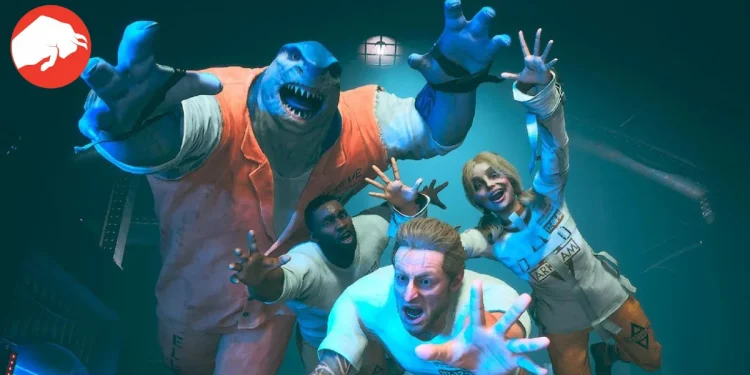A Shift Away from Romance in Gaming’s Landscape
In the vast and ever-evolving world of video gaming, “Suicide Squad: Kill the Justice League” has emerged as a topic of fervent discussion, not least for its bold narrative choices. Among the most notable developments is the clear departure from the romantic subplot between John and Makee, characters whose complex relationship took a dramatic turn in the series’ latest installment. Pablo Schreiber, the voice behind John, has openly expressed relief over the decision to steer the storyline away from romance, suggesting a broader shift in storytelling priorities within the gaming industry.
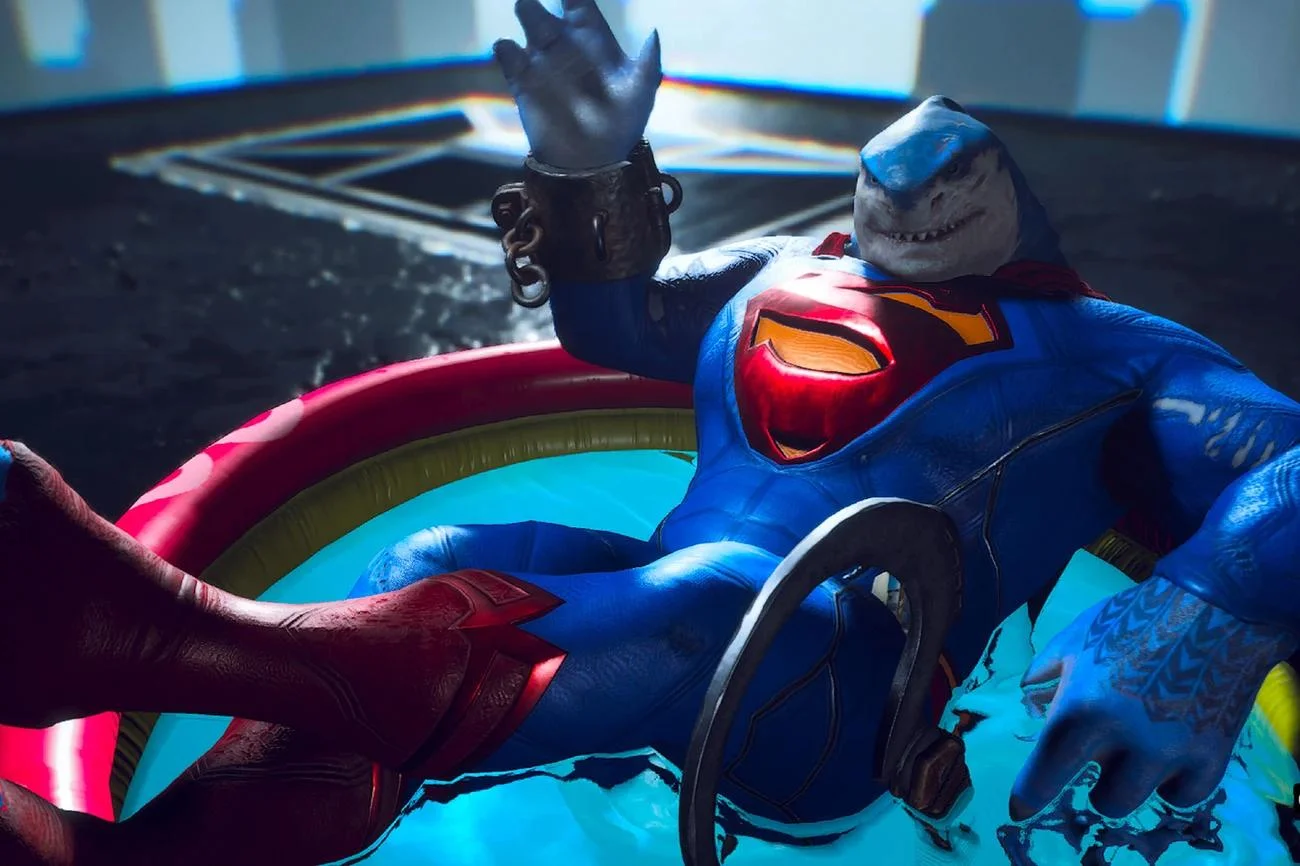
A Tale of Unfulfilled Potential
Despite high anticipations, the journey through “Suicide Squad: Kill the Justice League” culminates not in a crescendo of satisfaction but in a sigh of relief for players eager to move on. The game’s narrative and gameplay, described by many as bland and repetitive, fall short of the immersive experiences promised by its predecessors, notably the revered Batman: Arkham trilogy. The allure of post-game challenges and the prospect of future DLCs does little to rekindle interest, leaving players contemplating what could have been.
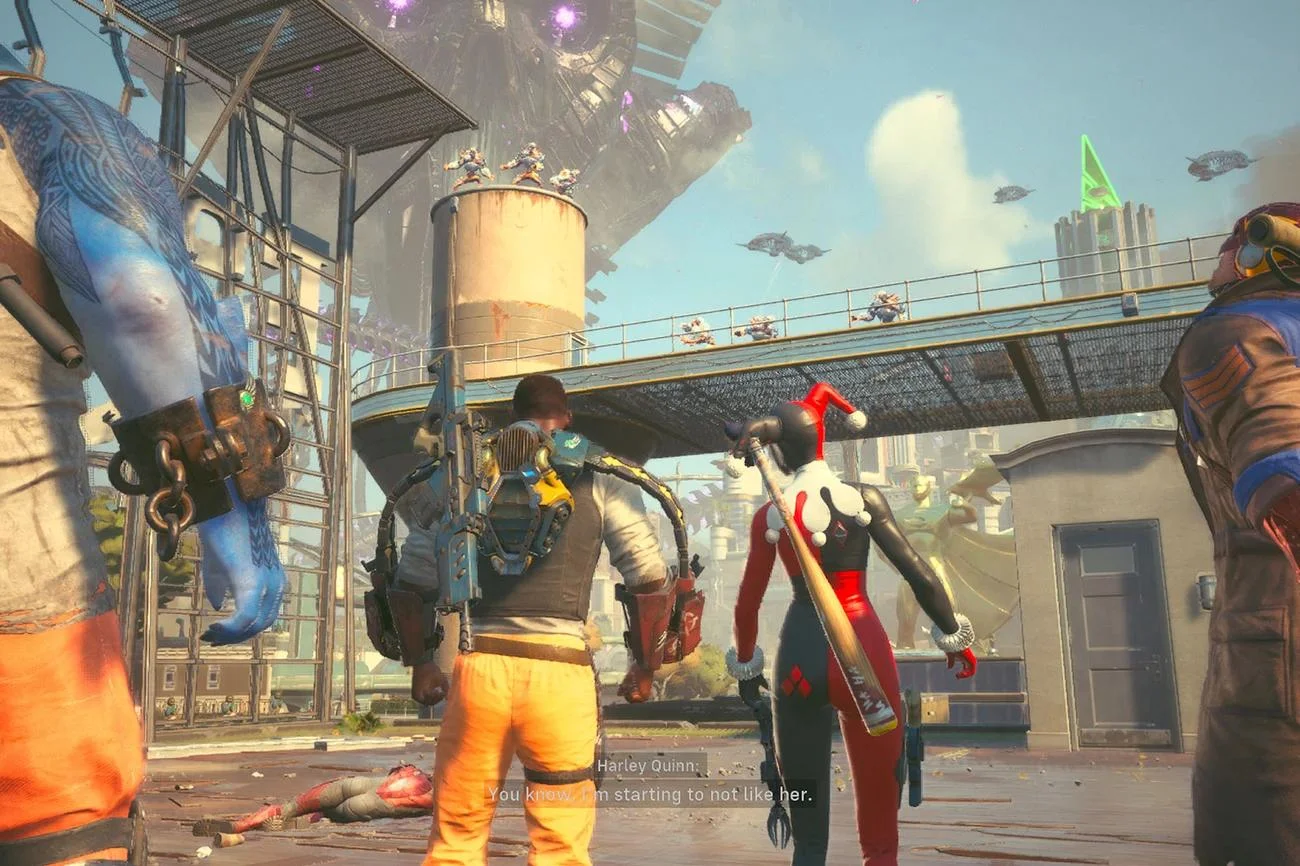
The Legacy of Rocksteady’s Batman: Arkham Series
The Batman: Arkham series set a high bar for single-player, story-driven games, blending compelling narratives with engaging combat. The transition from this celebrated trilogy to the less warmly received “Suicide Squad: Kill the Justice League” has left fans like Schreiber, and undoubtedly many others, wrestling with disappointment. The deviation from the rich storytelling and intricate character development that defined the Arkham series marks a significant shift for Rocksteady, challenging the studio to reconcile its past successes with its current direction.
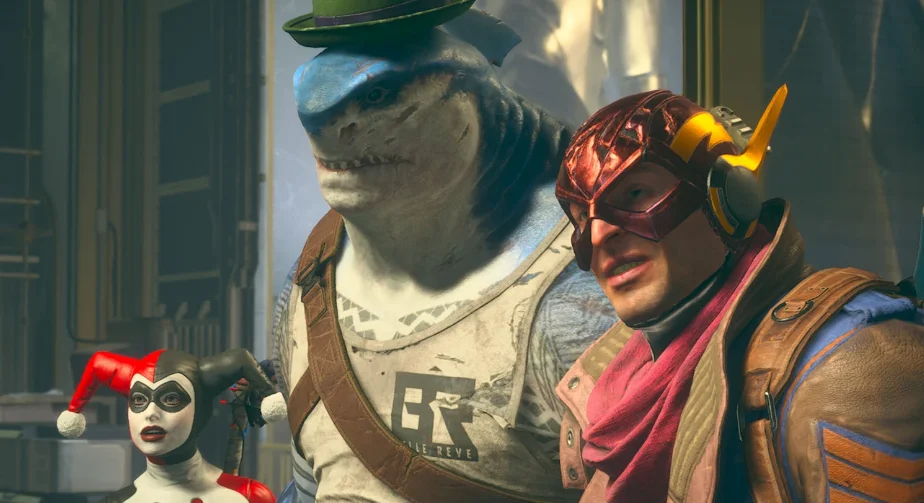
The Challenges of Open World Gameplay
“Suicide Squad: Kill the Justice League” ambitiously attempts to translate the dynamic combat and exploration of the Arkham series into an open-world setting. However, the transition is fraught with challenges. The combat system, criticized for its complexity and lack of fluidity, fails to capture the rhythm and satisfaction of its predecessors. Moreover, the depiction of Metropolis as a lifeless, sprawling cityscape lacks the depth and vibrancy that could have elevated the game’s open-world experience.
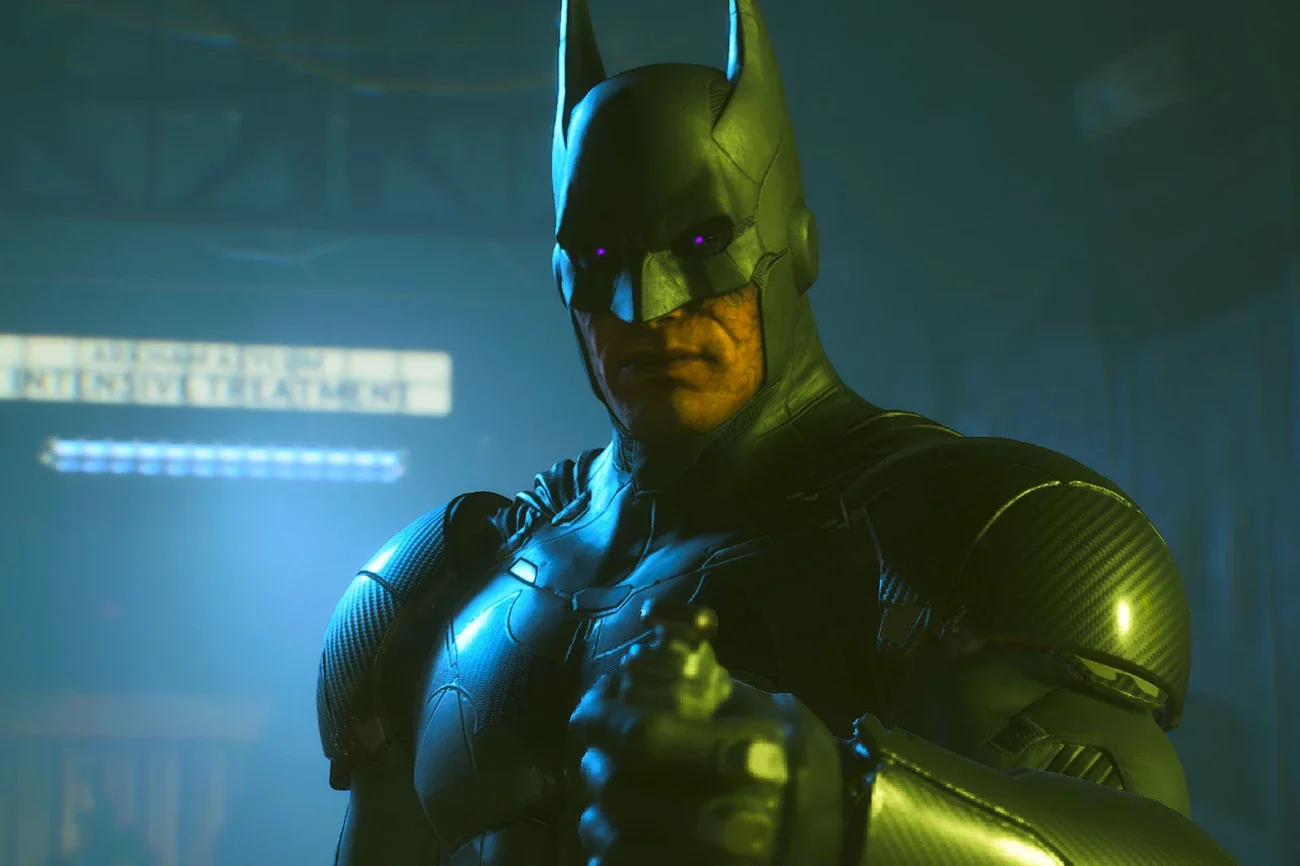
Looking Toward the Future
As Rocksteady contemplates the next steps for “Suicide Squad: Kill the Justice League,” the gaming community watches with bated breath. The potential for improvement remains, but the path forward is uncertain. Will the studio double down on its current trajectory, or will it heed the calls for a return to the single-player storytelling that once defined its legacy? Only time will tell, but for now, “Suicide Squad: Kill the Justice League” stands as a stark reminder of the delicate balance between innovation and tradition in the pursuit of gaming excellence.


